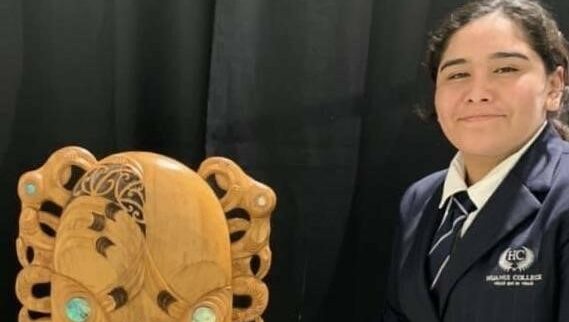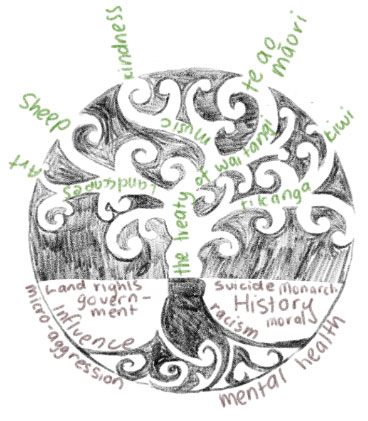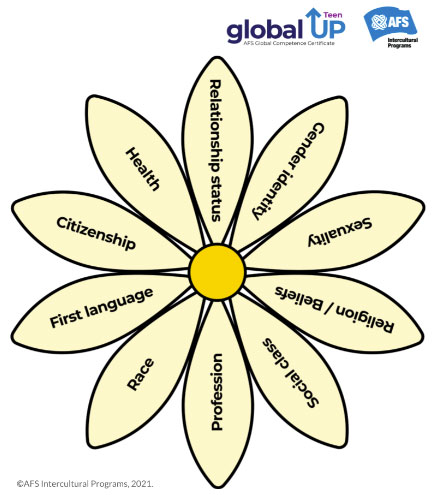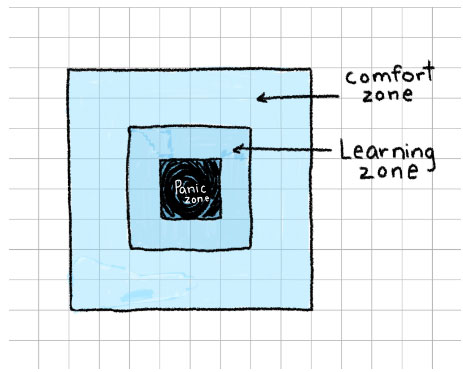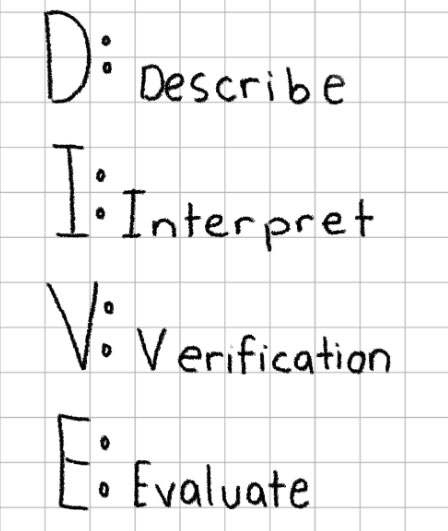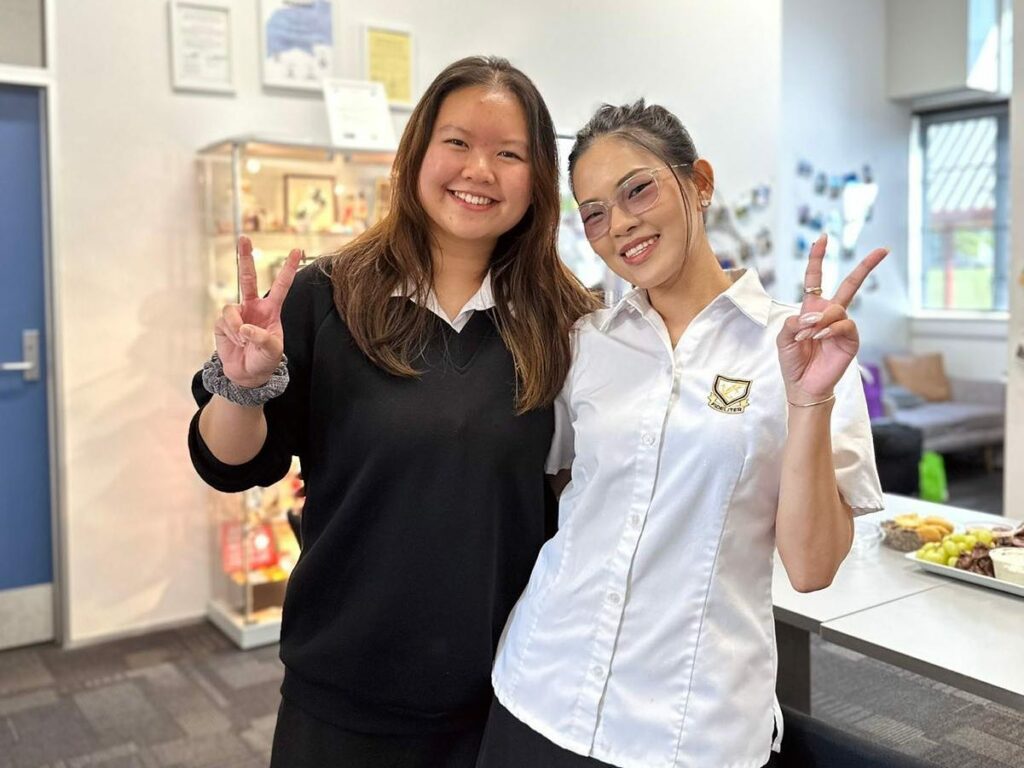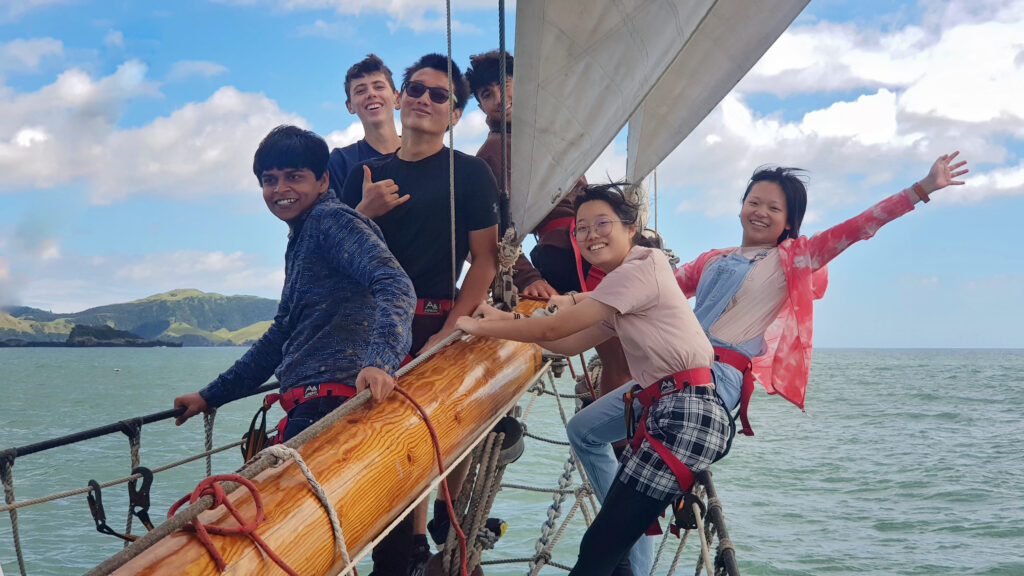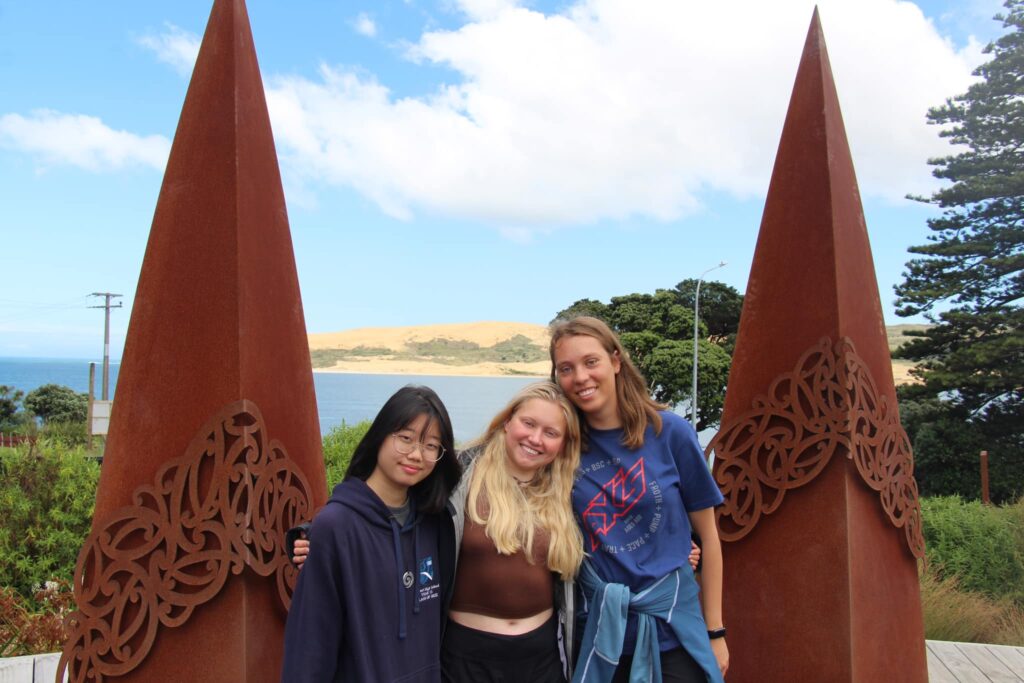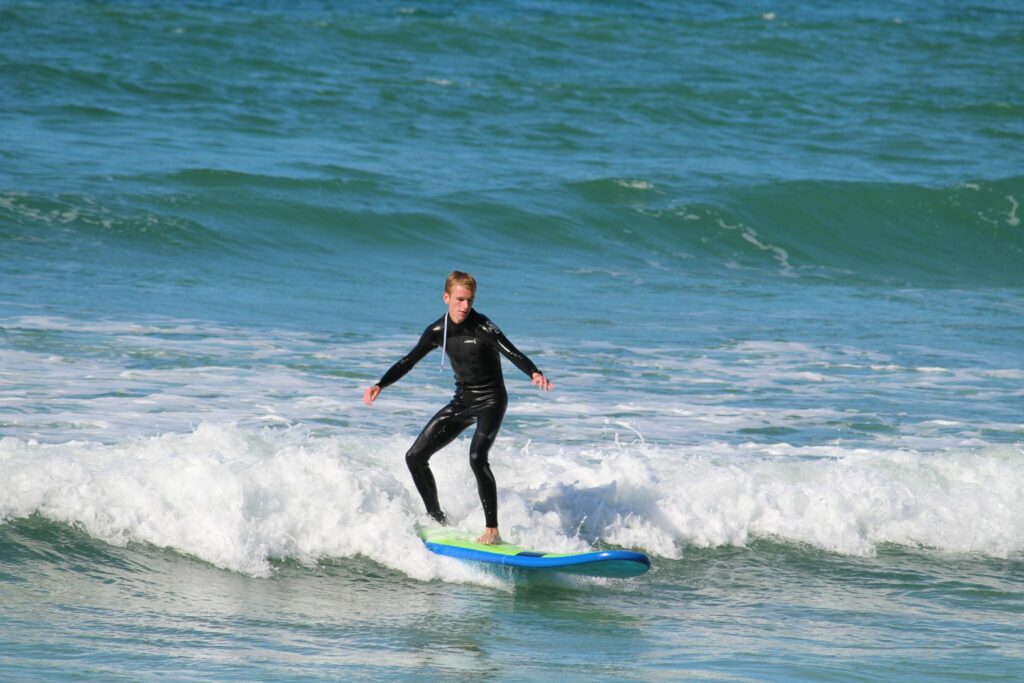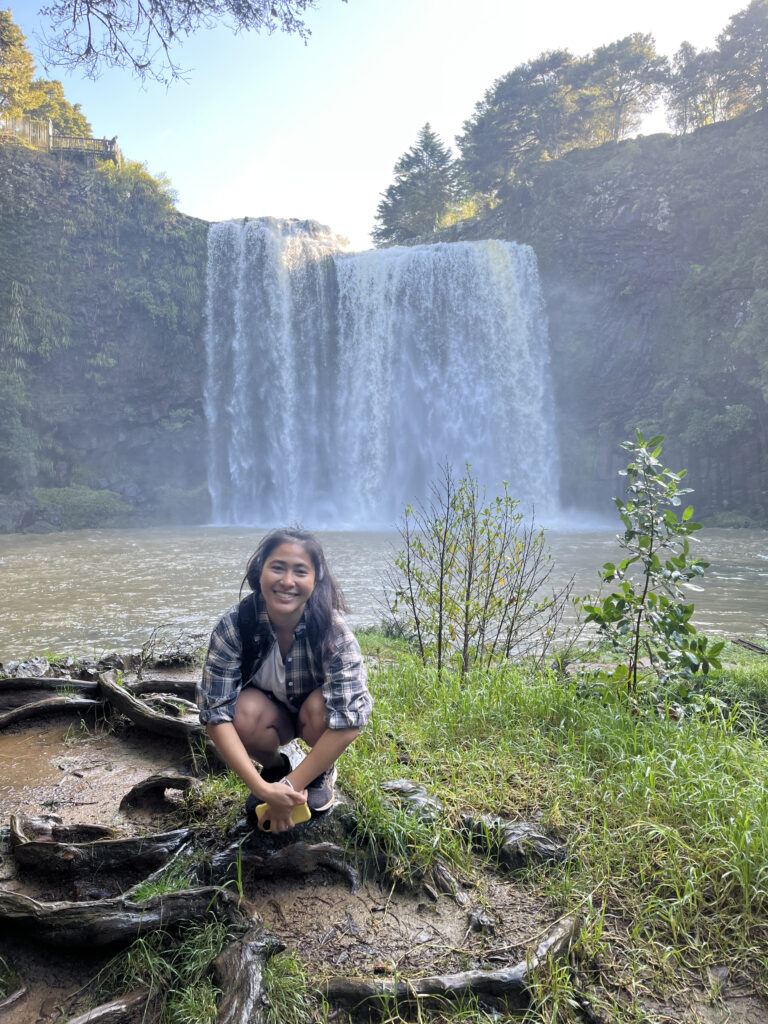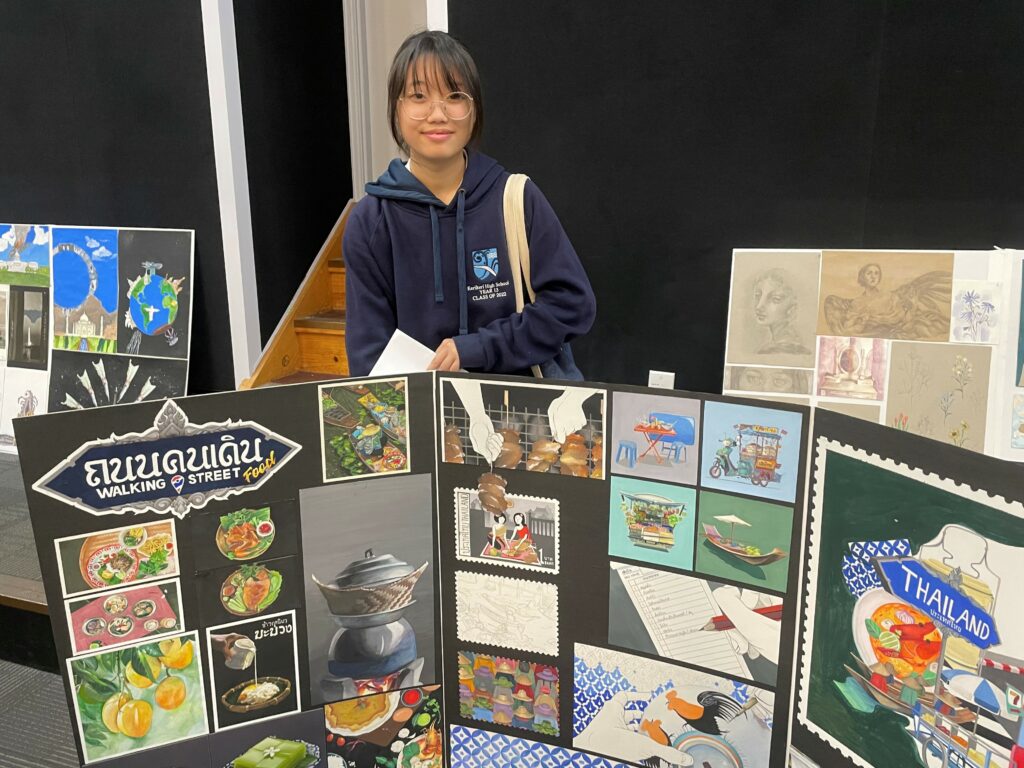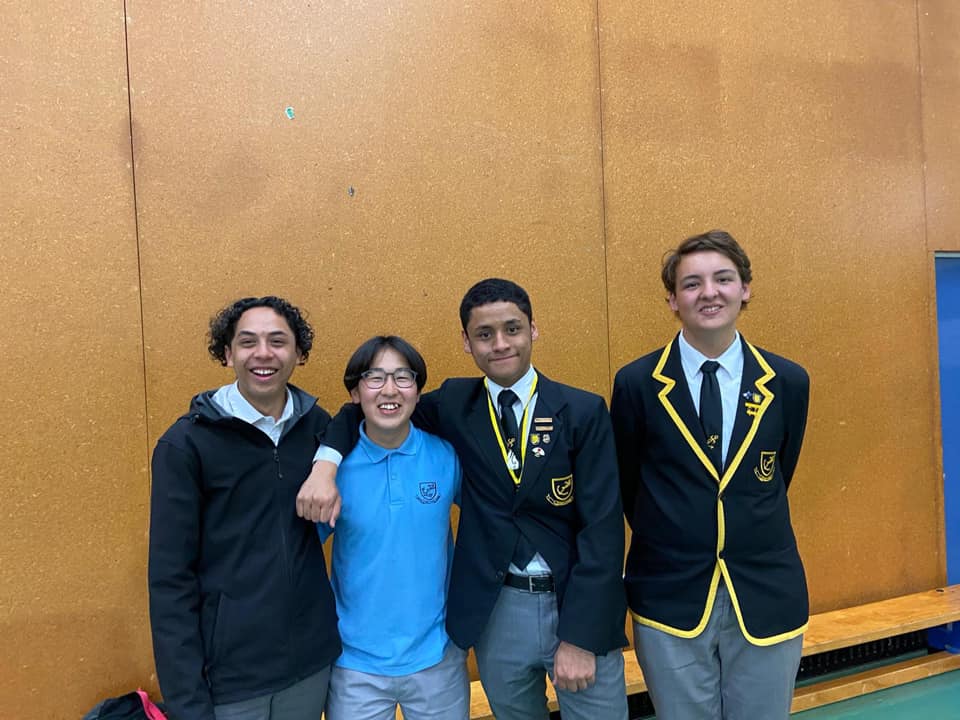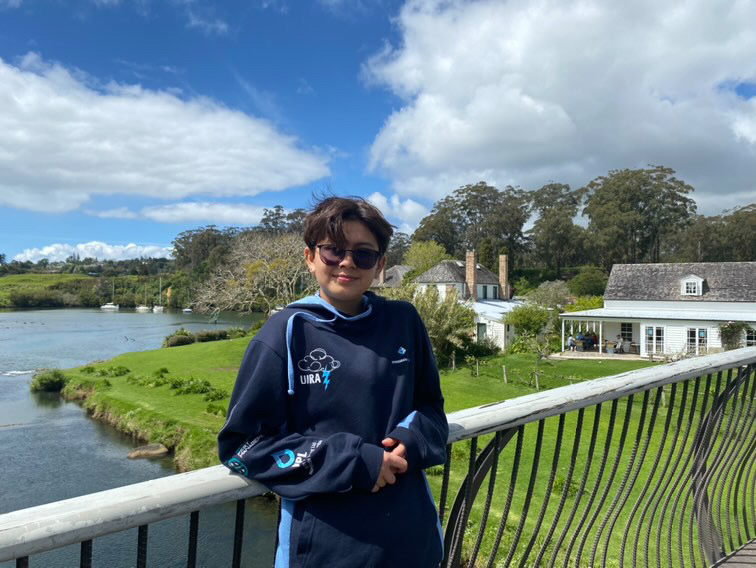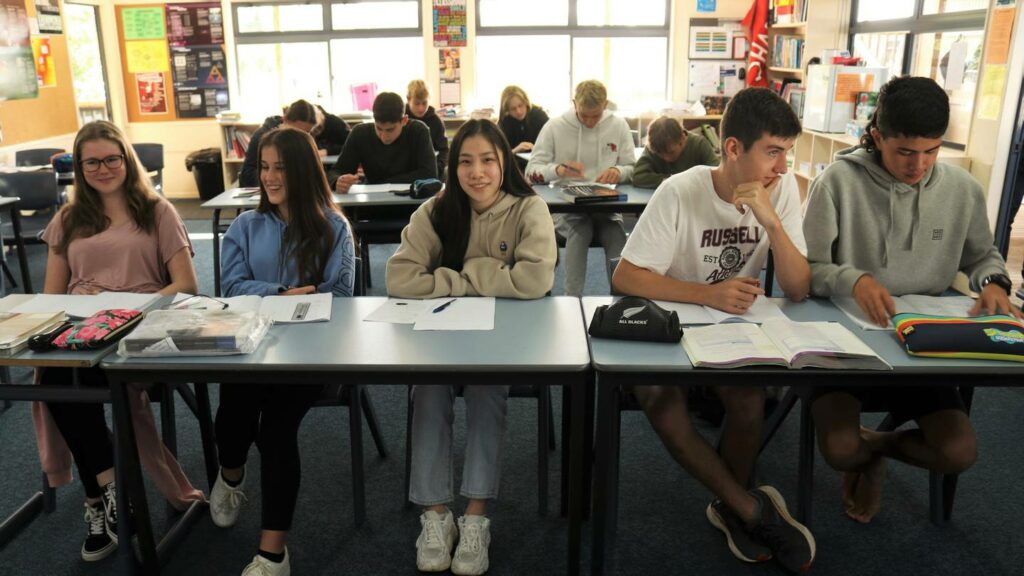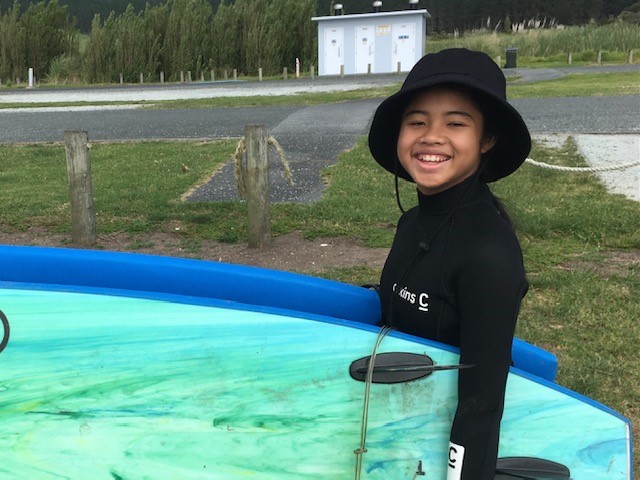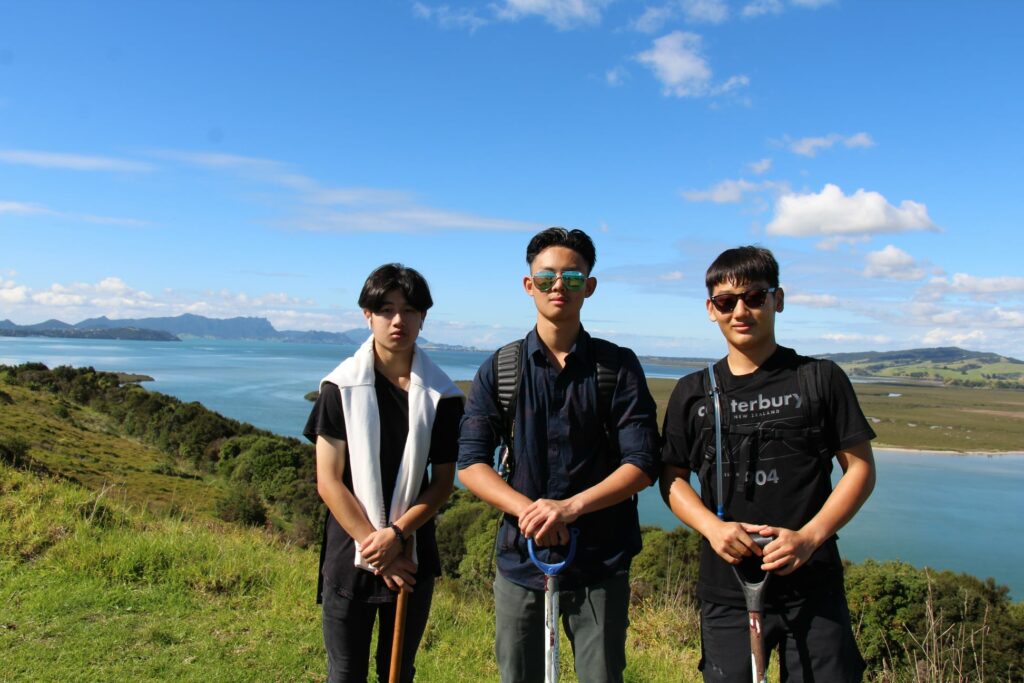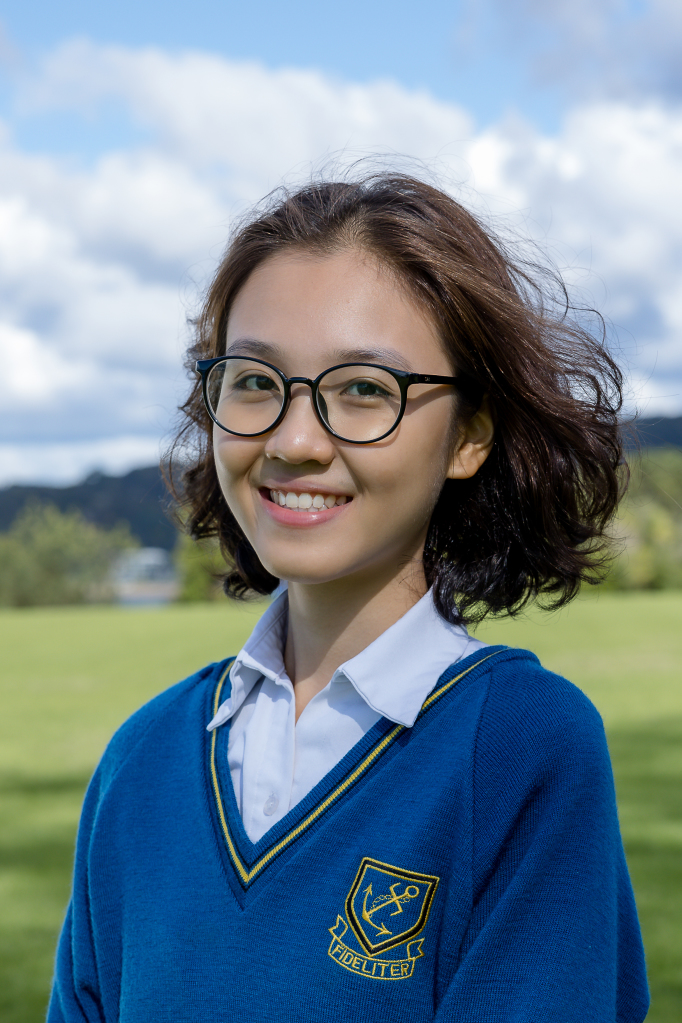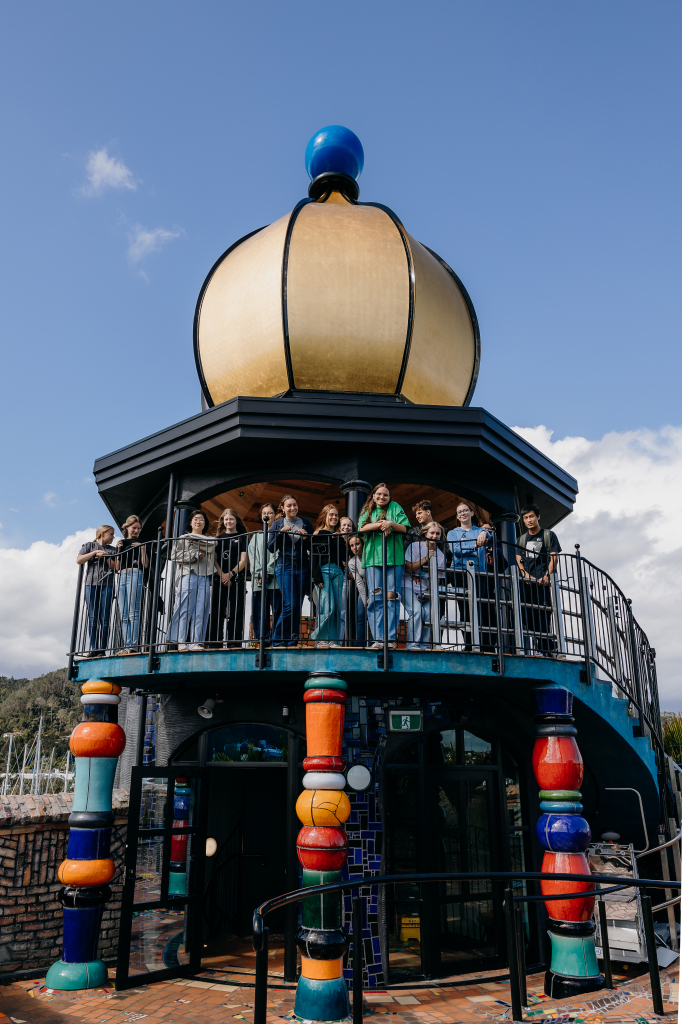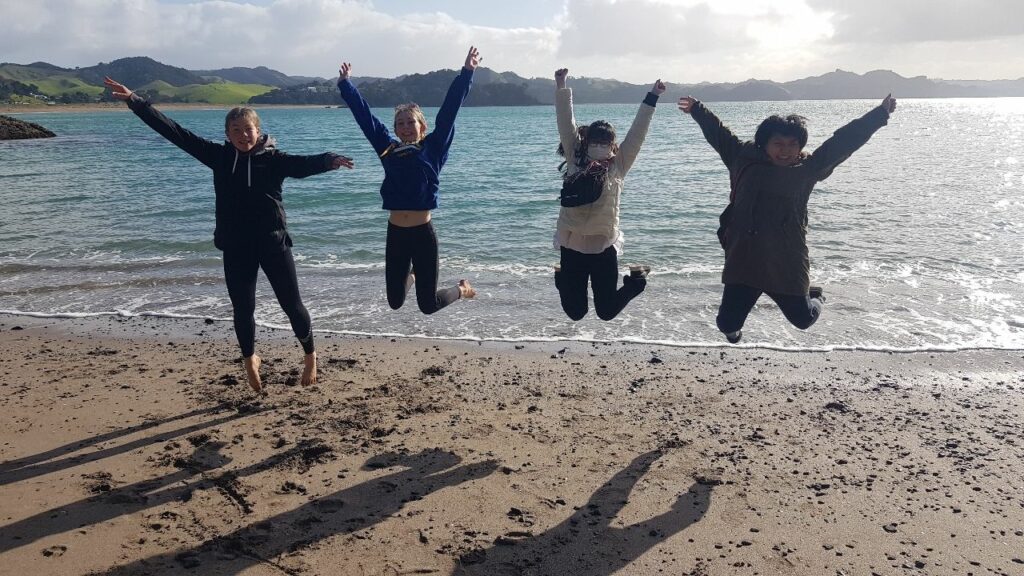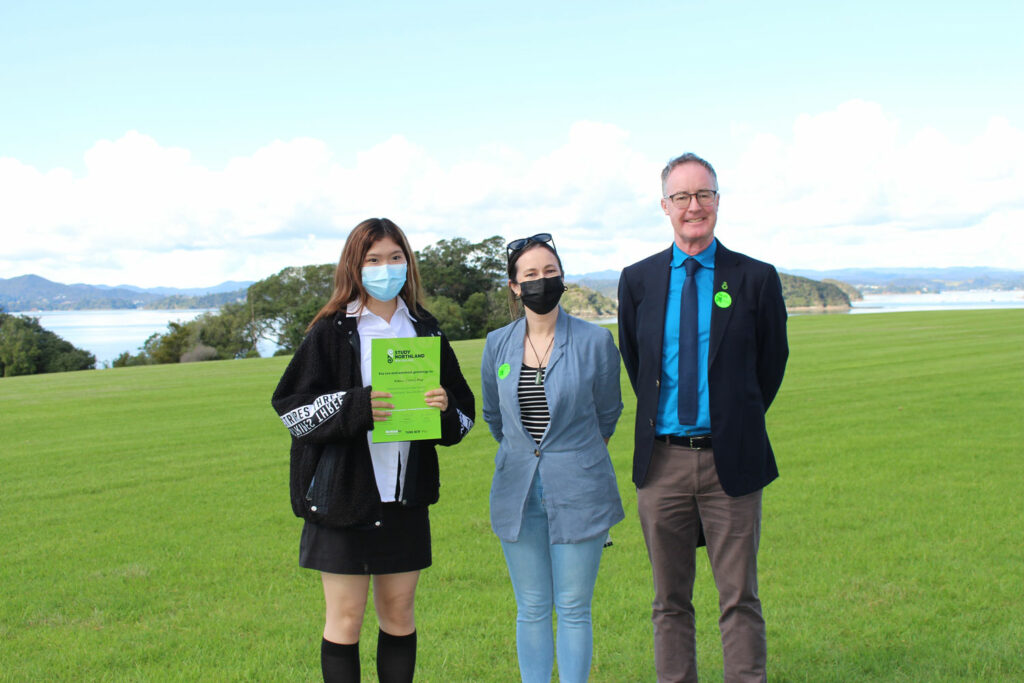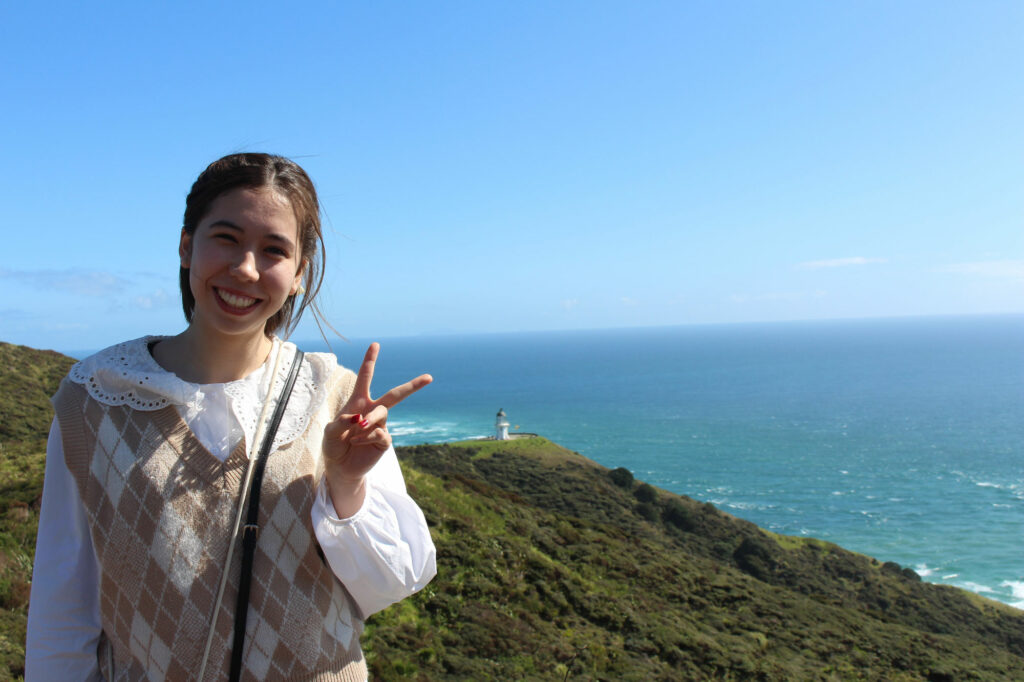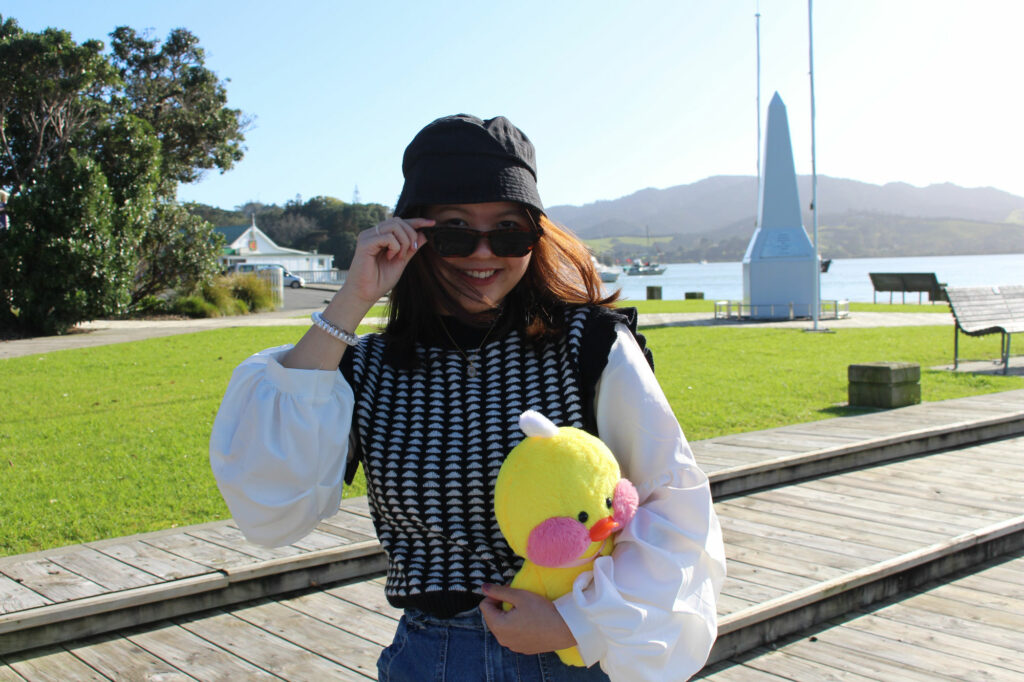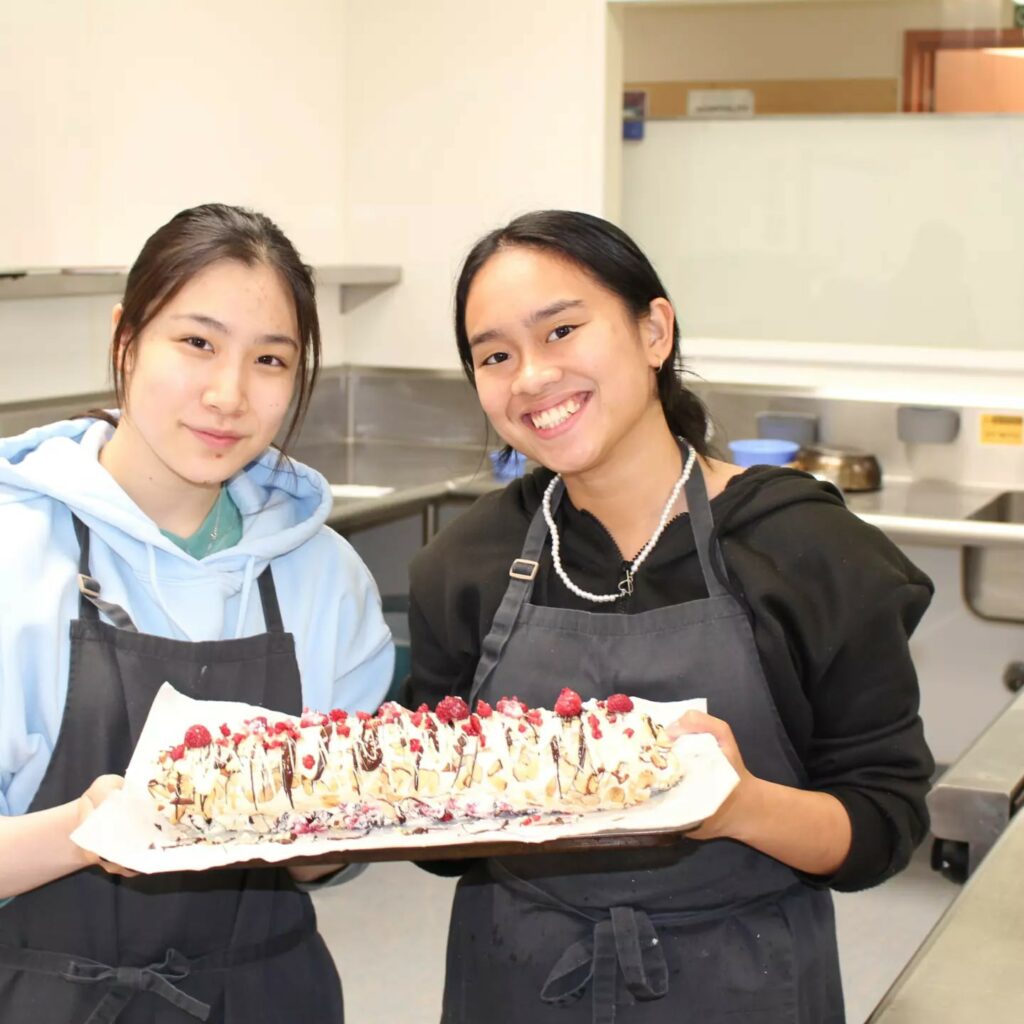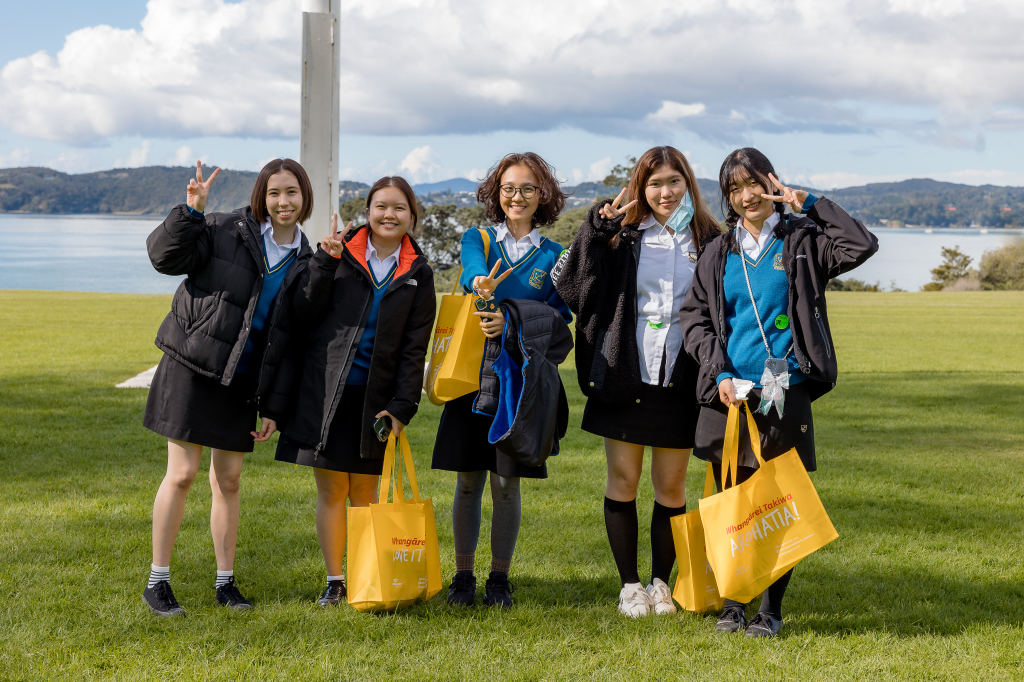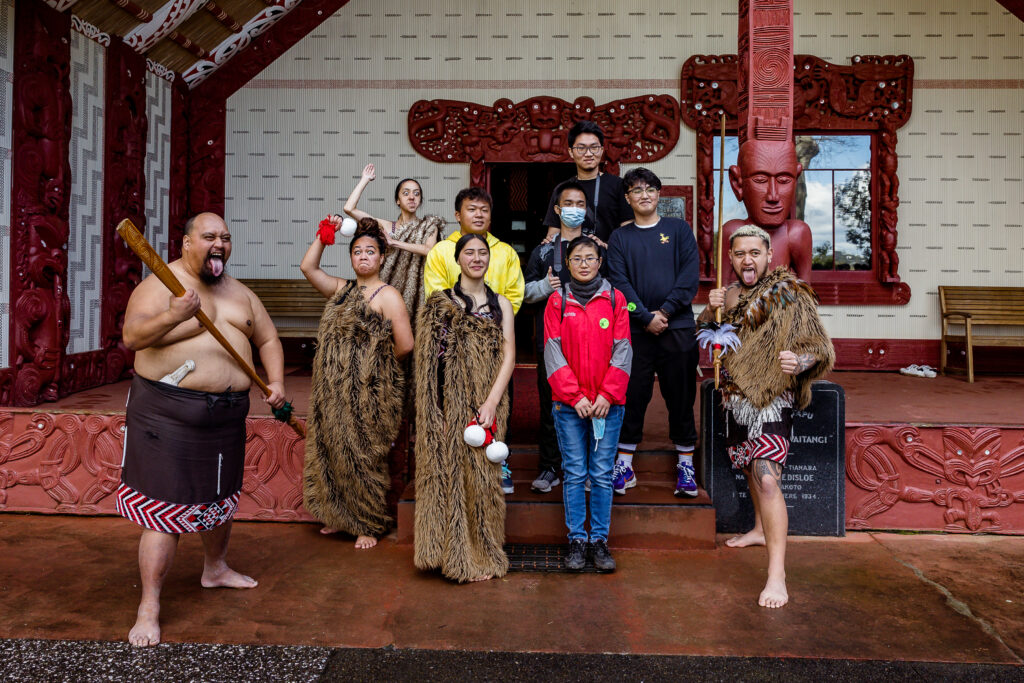Global Citizenship Learnings - Takaimaania Ngata-Henare
Tēna koe, I am Takaimaania Ngata-Henare from Huanui College, and I participated in the (2022 Massey) Global competence certificate program.
Since a young age, I’ve been passionate about gaining knowledge surrounding cultures and the different injustices in the world. Doing GCC has allowed me to grow my understanding in-depth; I realised that I had an idea of certain things we learned about (like stereotypes, conflict styles, etc.). However, I never knew what they meant and an analysis of them. I now clearly understand many topics we touched on by doing GCC. I must confess doing GCC was not on my radar, but when my teacher asked if anybody else in my class wanted to do it, I put my hand up. Honestly, I’m glad that I did because GCC has taught me so much I don’t think I could have learned in such depth and within the amount of time that I did.
Week 1:
This week included modules 1-6 which started with a welcome, “ Who am I?” to learn about Stereotypes & Generalizations. Week 1 had one of my favourite modules. We presented the ‘visible & invisible’ of our regional culture. Still, we had to draw them in the form of an iceberg, tree, or onion. I opted to do it in the form of a tree, where I presented the ‘visible & invisible’ of New Zealand culture.
Mine shows what is visible, ‘of course,’ including sheep, kiwi, māori culture etc.
And the invisible of New Zealand culture continues to have problems with Land-rights, Suicide, micro-aggression and so on, which I believe isn’t represented as much in New Zealand.
In the first dialogue session, we were put into break-out rooms where we discussed ‘Stereotypes & Generalization’ and learned their definitions and the experiences that some of us have faced. For example, a girl in my group said that many people stereotype her and generalise her as smart or good at maths just because she’s from Japan; we all agreed that, at times, these can be hurtful, but many times there annoying and useless information that is over-shared by many.
We also talked about our identity flowers.
We all added our own individual traits to our own flowers. We discussed what we think about our identity flowers and what identity flowers may mean to us. We concluded that the best way to sum it up is that “individual parts of your identity are important, but all together they’re what make you, you.”
Week 2:
In this week’s Modules, 7-10 were included and our weekly dialogue session. Cultural values were first up. We commented on whether our cultures were ‘Individualistic or Collectivist’ and the idea of what they are. ‘Individualistic’ focuses more on independence and freedom whilst ‘Collectivism’ prioritises solidarity and individual goals. We learnt about ‘Hierarchy vs Egalitaritarianism’, communication styles, how to be more empathetic and listen to your family and friends, and how we could practice curiosity in our everyday lives. Unexpectedly we had an assignment…
Chose three people from our local community to interview and created questions to learn more about their life, experiences and how their culture may have shaped them.
My favourite part of this was getting to know people I thought I already knew everything about and even learning more about those I knew nothing about.
We started the dialogue session by discussing what zones we were in that day.
Many people commented that they were in their learning zone due to school or even learning to cope with COVID. Some were in the panic zone due to the amount of homework or work they were given during quarantine, and some were in a comfort zone to have time off. We then discussed ‘Hierarchy & Egalitarianism’, What we believe our cultures were, their effects, and what they are. I thought Te Ao Māori had had a more hierarchical approach for generations. Still, lately, I’ve seen a more Egalitarian approach starting to happen. This week was a good week for me to really reflect on the structure of my culture and compare that to the many others there are in the world.
Week 3:
‘Coping & being resilient was a practical module for the time that everyone in our cohort was in. There is a global pandemic in the middle of term 1, Homework, Studying, and Extracurricular Activities. This was a real help to push us to become resilient. Module 12 was suspending judgement, where we learned about the acronym ‘D.I.V.E.’
The questions follow:
- What do I see?
- What do I think?
- What do others know?
- What do I feel?
The concept of D.I.V.E showed me that people shouldn’t jump to conclusions. Still, the first to wait, ask these questions to ourselves to reassure the idea of what is happening, then continue.
Dialogue session 3 had a lot of focus on conflict styles. We agreed that your conflict style also depends on the situation in my group. Conflict styles can vary – You may have an ‘accommodation’ conflict style where you’re mostly ‘restrained & indirect’ or the opposite. where you have an ‘engagement’ conflict style meaning you use ‘direct communication’ and are ‘emotionally expressive’. In the dialogue session, we discussed how to deal with these conflict styles as well. For me, I definitely can have an ‘Engagement’ conflict style but that shouldn’t mean that I shouldn’t let others speak or if someone had an ‘accommodation’ conflict style. They should also be able to be heard.
Week 4:
Understanding inequality, micro-aggressions and how we can take action. This week included our least amount of modules but i think they were big ones, we discussed the zoom session being a safe space to share experiences and I believe everybody respectfully understood that. Module 15 was understanding inequality, we had been asked questions about whether we see any groups that appear to be represented than other and many said yes. A lot of comments included that there are fewer people of ethnic minorities in high ranked positions as well as more men being represented than non-binary people and women.
I think inequality has been something that I’ve known about since I was a little girl, as a young woman from a minority group I’ve really noticed that growing up I didn’t see many people like me but now that’s changing. Our dialogue session touched on ‘ mainstream vs margins’ which I had never learned about before as well as a big discussion focus, on the oppressions in NZ history, I touched on the ‘Dawn Raids’, an event that a lot of the kids in my session didn’t know happened but seemed glad to learn about. Finally how we can take action:
You can address it!
If you feel uncomfortable about a comment made, Address it so that person knows that the comment made you uncomfortable.
Or ask questions!
Like “What do you mean by that?” or “Why do you say that?”
Since it was our last dialogue session together, our cohort co-ordinator left us with some words of wisdom “If you don’t use it then you lose it”
Being a member of the global community means a lot:
- Honing communication skills
- Being more openminded
- Conscious
- Teaching your knowledge
- Expanding your knowledge to become more knowledgeable
- Being culturally aware
Graduation Ceremony:
Starting with an opening karakia ‘Tūtawa Mai’ ’ we continued to have one of the coordinators speaking where she told us all. GCC should have taught us “the skills to thrive in the intercultural world” not simply survive but ‘Thrive’. We went on to watch a video – “The World needs new” – A really cool insight to which I believe GCC is contributing too. We continued with a couple of words from our cohort directors and then short speeches from a student from each cohort. Some of the words that I really agreed with from the students included how the program was super thought-provoking when learning the modules and discussing with the other students as well as GCC will help us all with cross-cultural communication.
GCC has been an incredible opportunity that has helped me nurture my knowledge and grow my own understanding. As a student who hadn’t signed up till the last minute, I’m so glad that I did. If I had not, then I wouldn’t have met so many amazing friends and grown on the knowledge I already had. Personally, my perspective has changed, and I want to understand how others feel now and learn more about race relations. My biggest goal now is with all this knowledge. To implement it in my daily life, using D.I.V.E, Coping & being resilient, even having more empathy towards others. The big picture for me was that these modules and the dialogue sessions were a way to teach the best way to communicate with others because…
He aha te mea nui o te ao?
Āe Mārika, He tāngata, He tāngata, He tāngata.
Tags: GCC, global competence, Huanui College
Categories: Featured, Northland Schools, Secondary Schools, Student Stories

